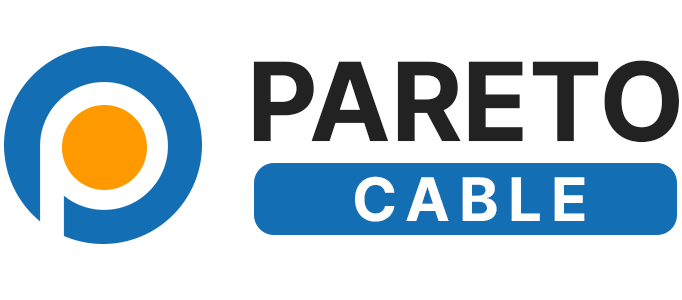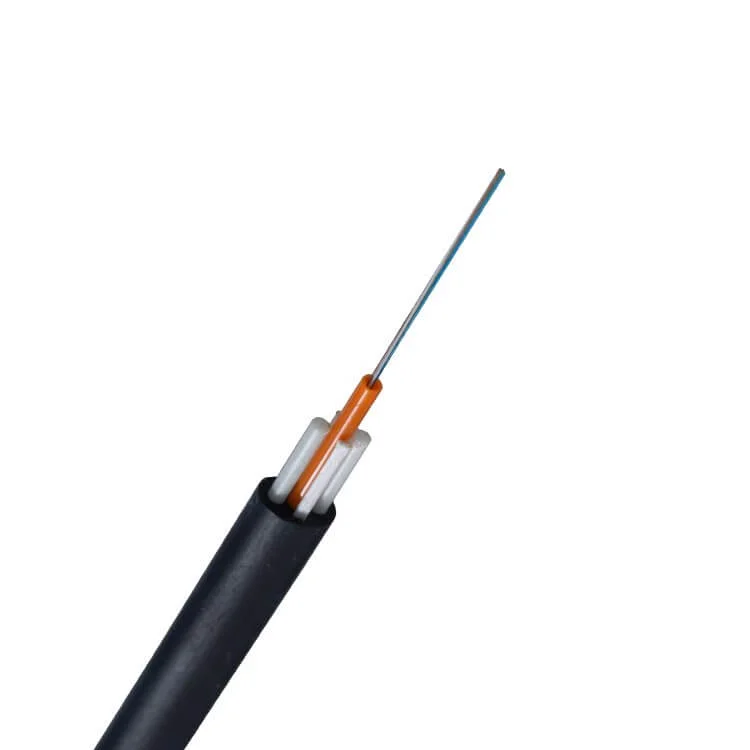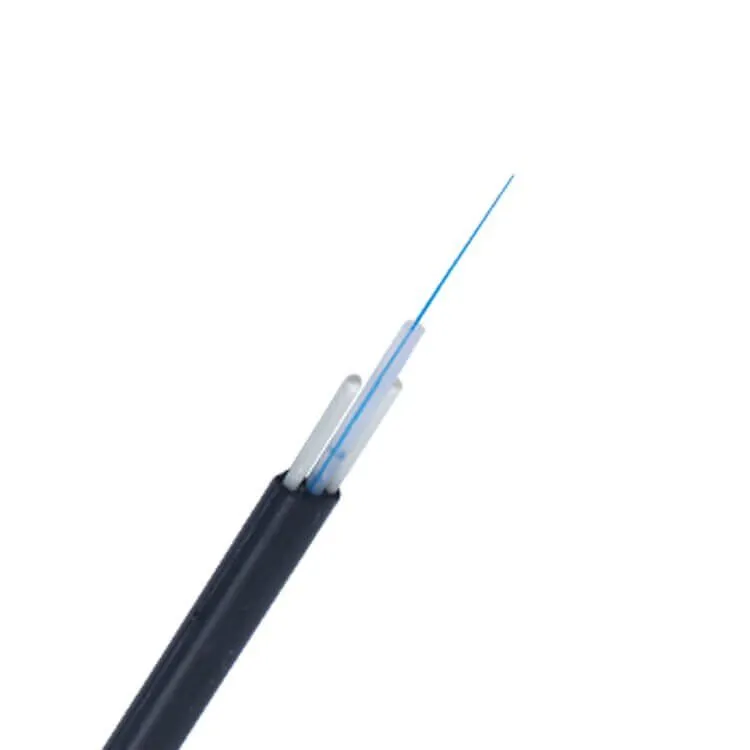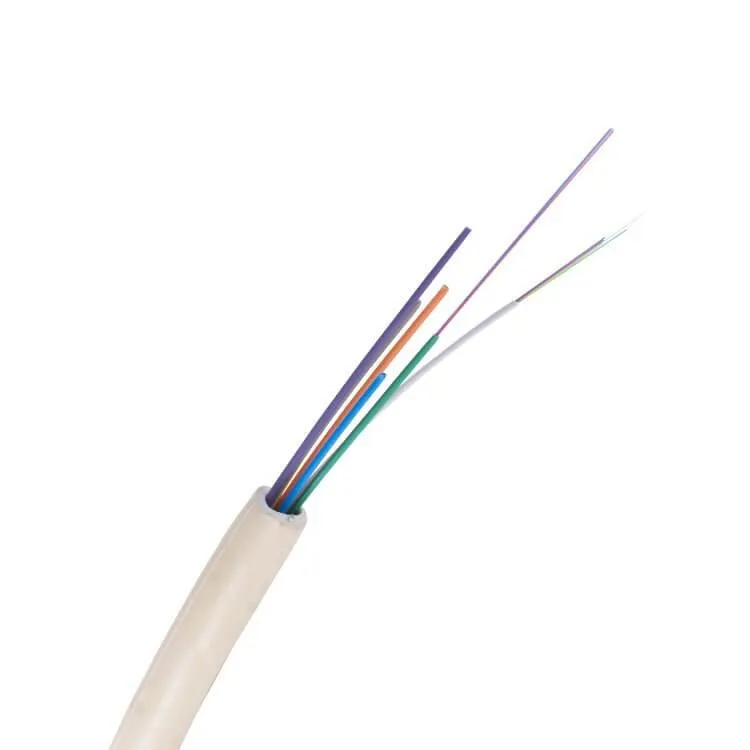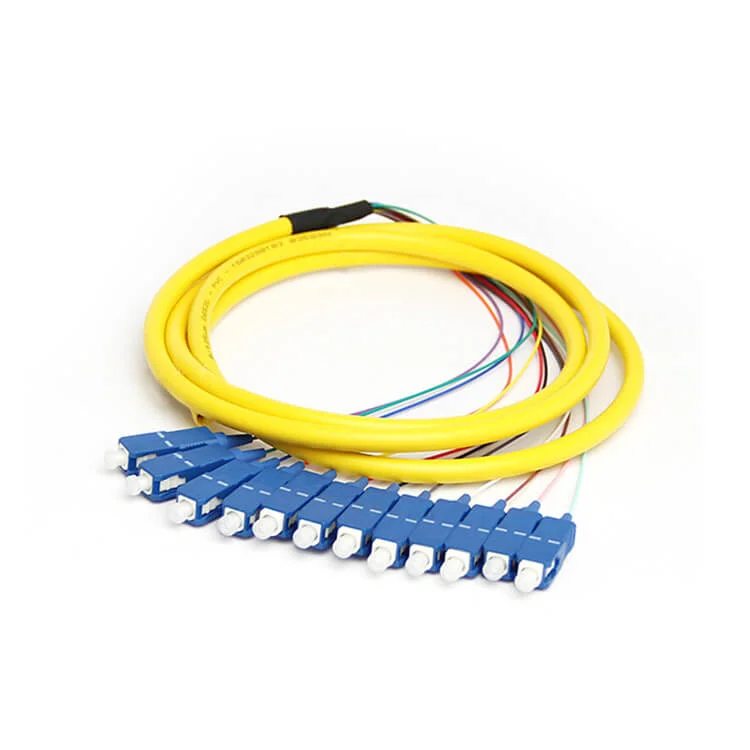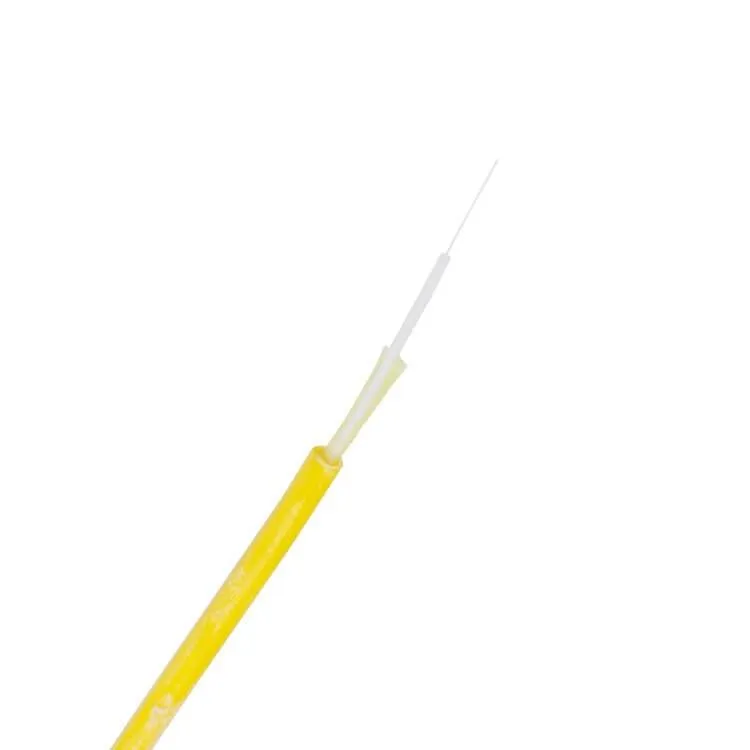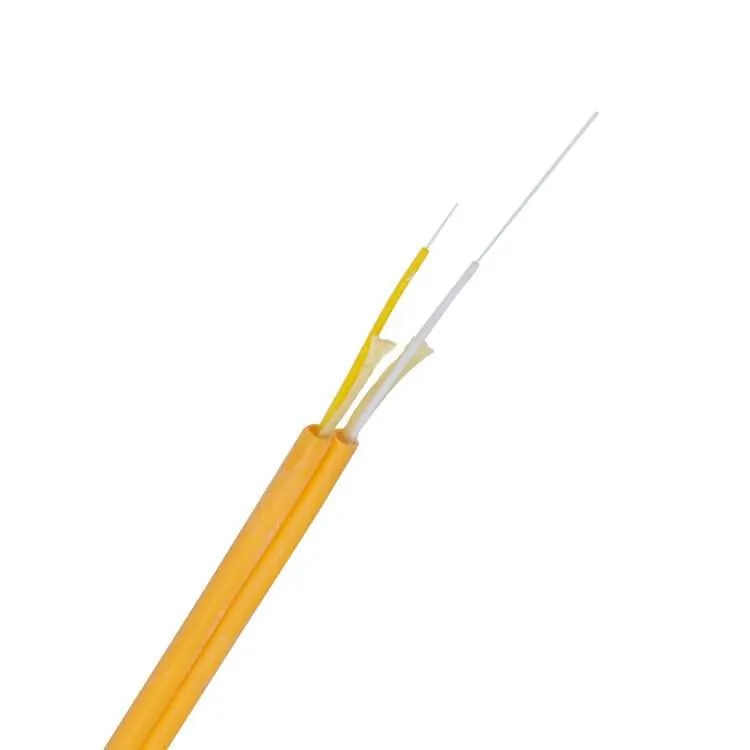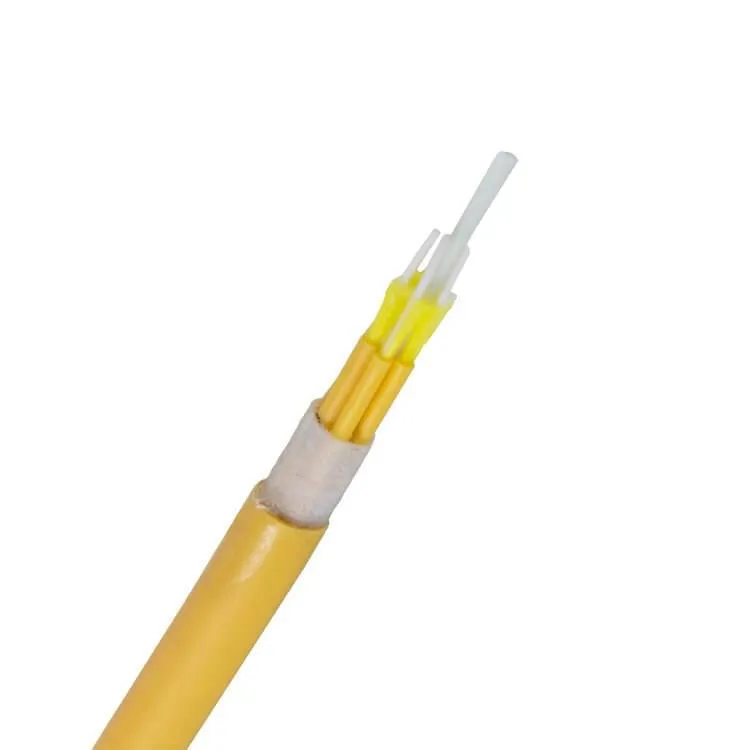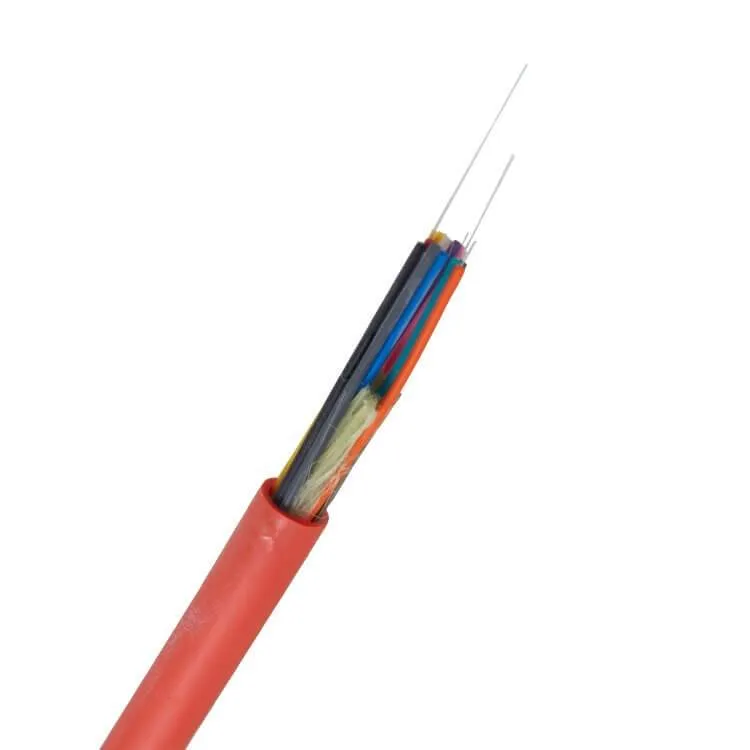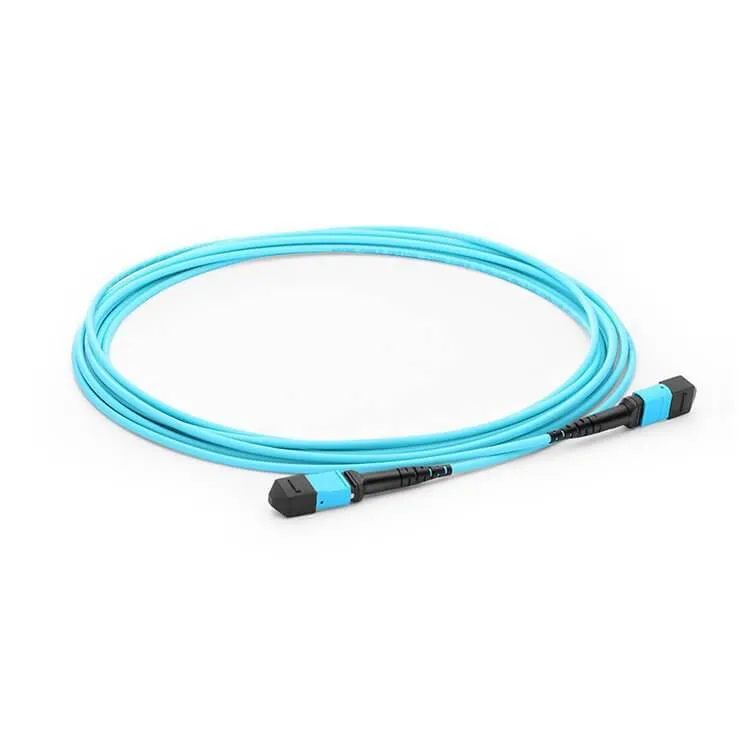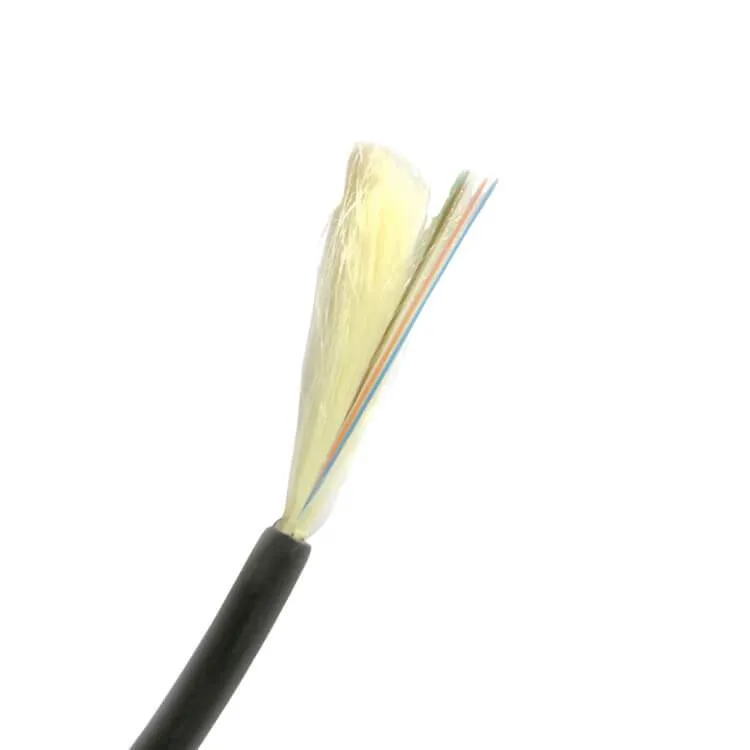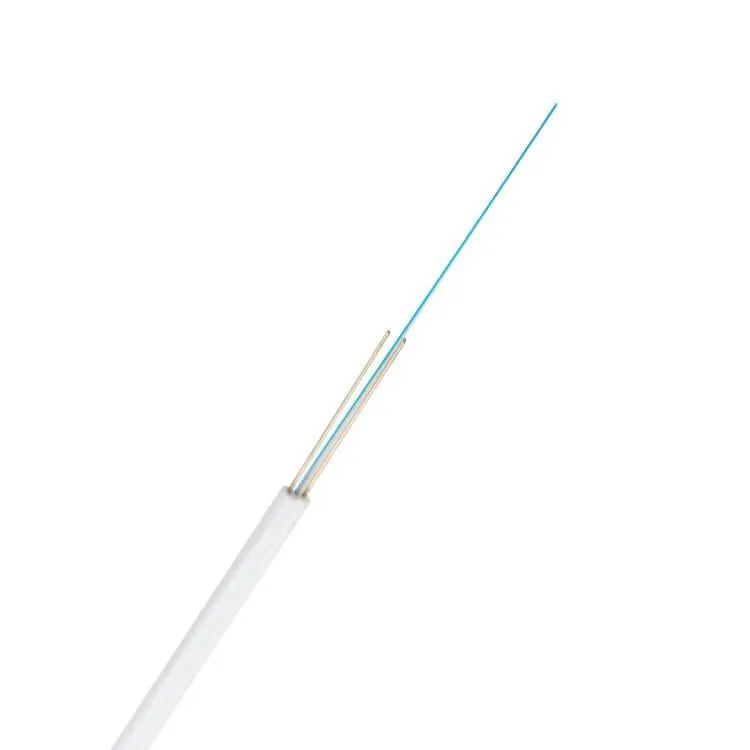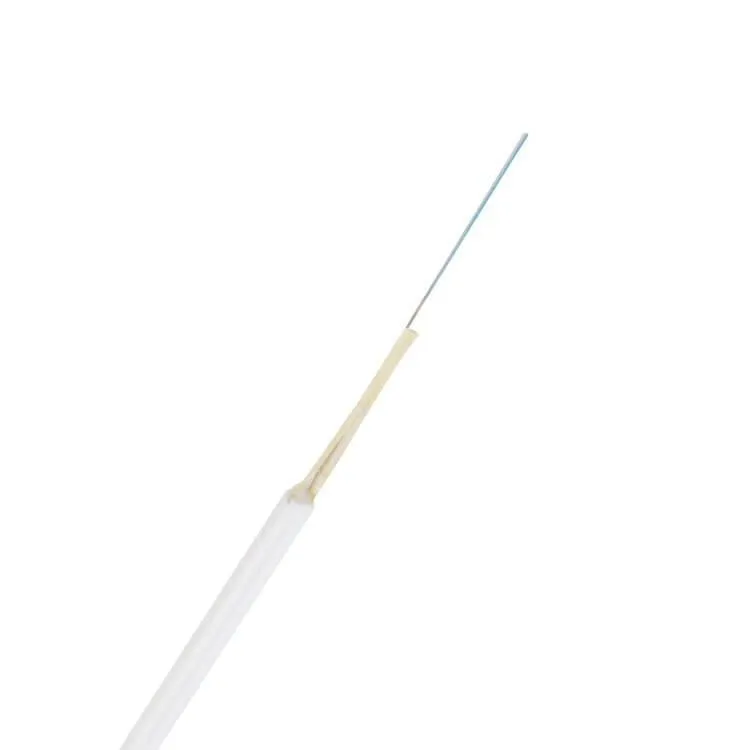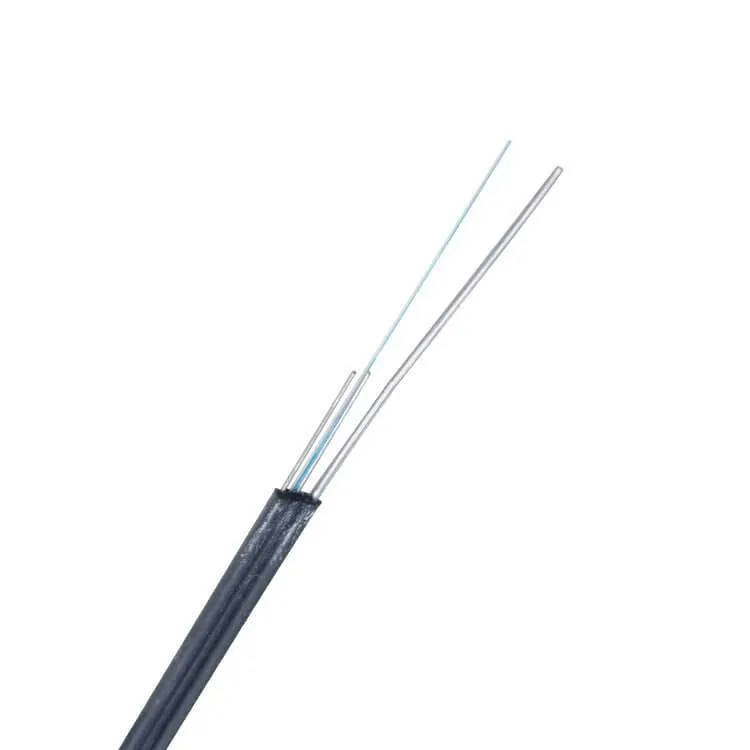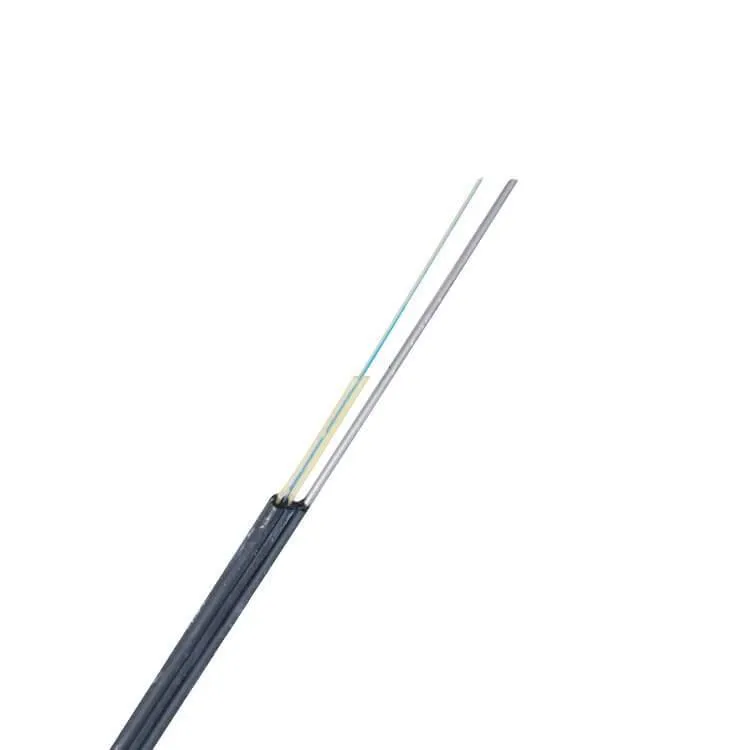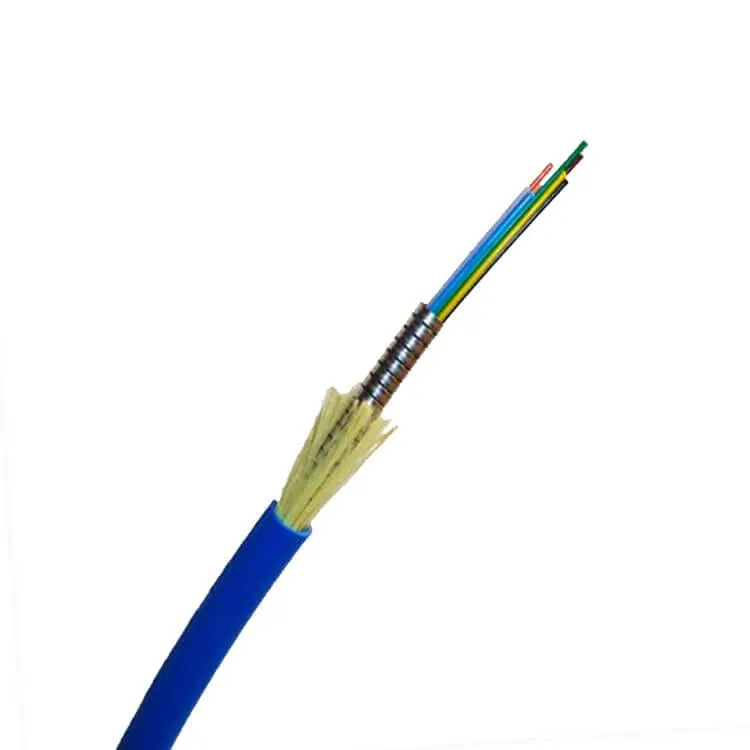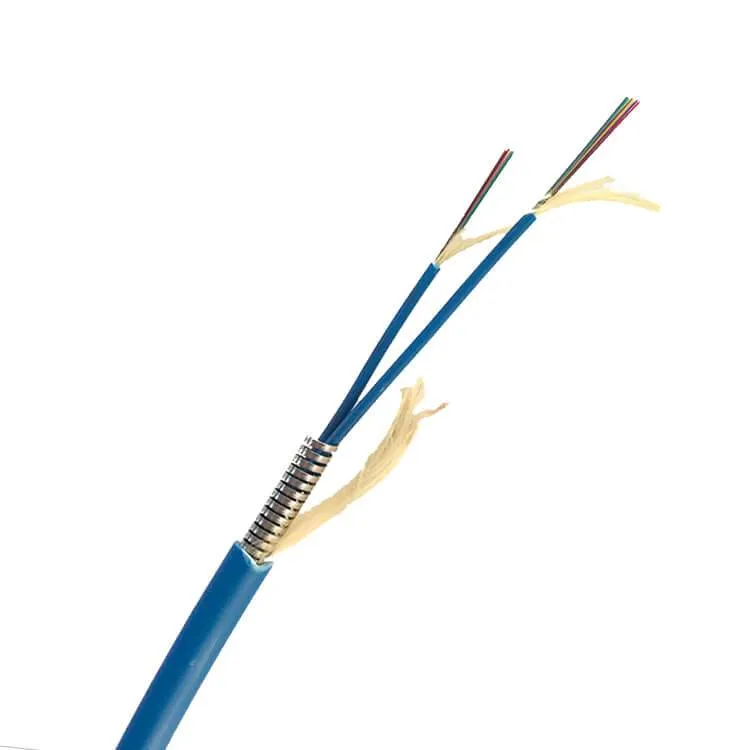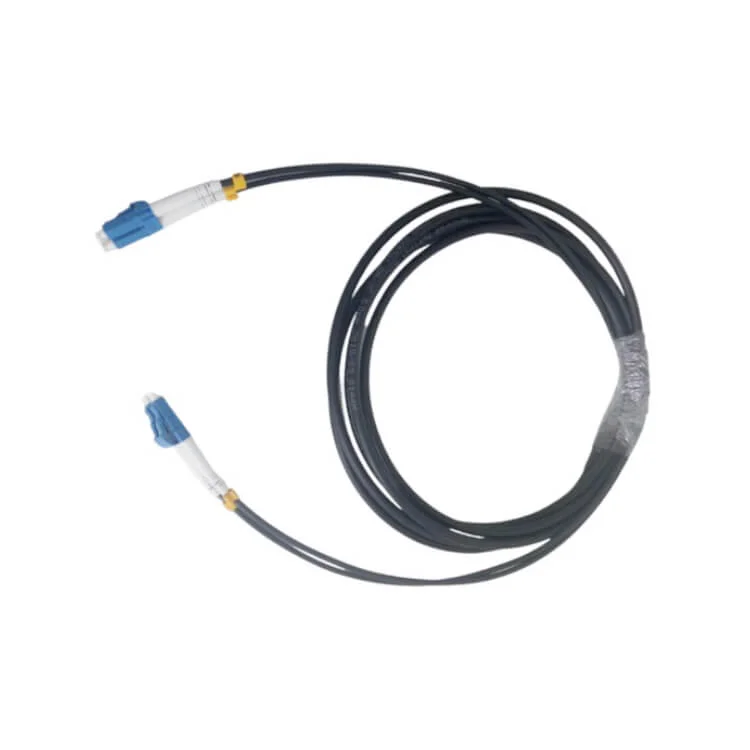
Indoor Fiber Optic Cable
Indoor Fiber Optic Cable Guide
Indoor fiber optic cable is designed for use within buildings, offering high-speed data transmission with low signal loss. It is typically constructed with a flame-retardant jacket and is suitable for various indoor environments.
Specific Types
FTTH Drop Cable: Specifically designed for the final connection between the fiber network and the customer’s premises. It typically has a rugged outer jacket to withstand outdoor conditions and a more delicate inner structure for indoor termination.
Tight Buffer Fiber Optic Cable: Features fibers individually coated with a tight protective buffer. This design is compact and easy to install, making it suitable for high-density applications.
Breakout Fiber Cable: Contains multiple fibers bundled together within a common sheath. It allows for easy separation of individual fibers at the termination point for distribution to multiple outlets.
Simplex Fiber Optic Cable: Contains a single optical fiber within a protective jacket. Primarily used for point-to-point connections.
Duplex Fiber Optic Cable: Contains two optical fibers within a common jacket, allowing for simultaneous transmission in both directions. Widely used in Ethernet networks.
Indoor Armored Fiber Cable: Provides additional protection for the fiber core with a metallic or non-metallic armoring layer. Used in environments with higher risk of physical damage.
Flat Fiber Optic Cable: Has a flat profile, making it easier to install in tight spaces or under carpets. Often used for home or office installations.
